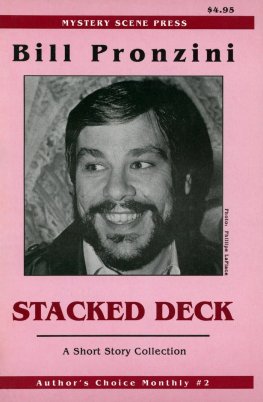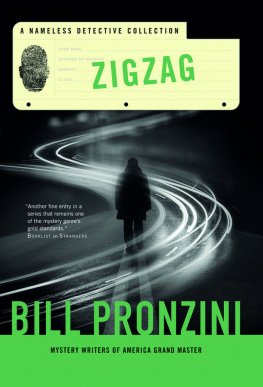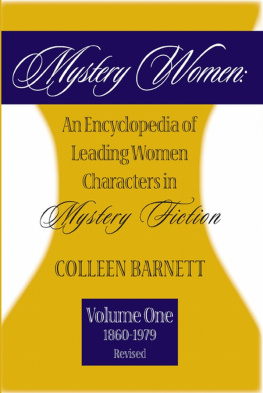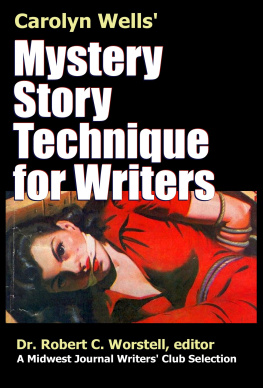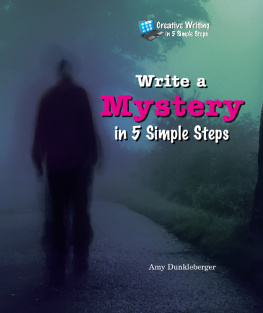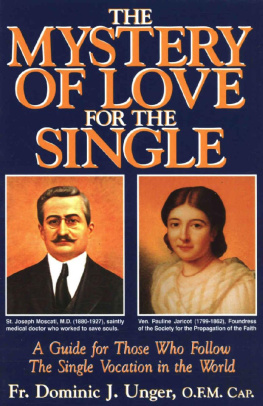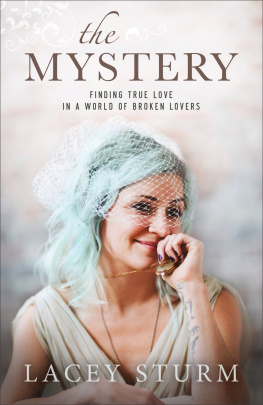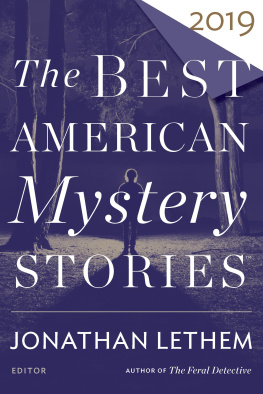Introduction
I think I know why Bill Pronzini asked me write an introduction to a book that really needs none. He knows . Not only does he know how to write good mystery novels, he also knows where to find all the bad ones, those he will soon define for you as "alternative classics." But more than that, he has an encyclopedic memory of the entire genre, and surely a man such as this knows that I myself wrote a few of these alternative classics, way back then when I was still struggling to learn my trade. Frankly, I feel a bit offended that some of my early masterpieces were passed over for consideration.
Who, for example, among any of the entrants Mr. Pronzini has chosen to include in his wonderful book could ever have written an exchange like:
"You're cute, "she said. She was slightly looped, he thought, and her voice sounded deep and throaty even when she spoke. "I noticed you while I was singing, and I said to myself, He's cute. I was right."
She looked better close up, much better than she did on the bandstand. She had her hair pulled back tight over her ears, clipped at the back of her neck with an amber clasp, fanning out over her shoulders. The blouse she wore had a deep V sweeping down from her shoulders, terminating in a shadowed cleft between high breasts. He remembered staring at the soft whiteness of her skin as she leaned over the table.
"You're very cute," she repeated, and he said, "You're not bad yourself."
She blew smoke across the table. "Sparkling dialogue," she said dryly. "Refugees from a Grade-B stinkeroo."
"Pardon me. I'm not dressed for repartee."
I wrote those priceless lines. Yes, Mr. Pronzini.
Moreover, they were published.
But did this scrupulous scholar consider them worthy of inclusion in his otherwise impeccably researched and wittily informative book? I should say not. Or how about this?
And then I was falling.
I don't know what I thought as I fell. I know it seemed to take a long time, seemed to take forever, seemed never to end. I saw the ledge and the struggling figures on it, and the figures came closer, and below them I saw the twisted rocks of Hokus Pokus, waiting I kept dropping and there was a tight nausea in my throat, and a scream that never found voice. I closed my eyes, and I forced moisture from them, and I felt the wind ripping at me, and I was aware of the rope around my waist and the rush of air as I fell.
I hit. I hit with a wrenching pain that shot up the length of my leg. My body crushed onto my twisted foot, and a flash of yellow exploded inside my head. I heard someone scream, a hoarse curse that shattered the stillness of the mountain, an anguished cry of sheer, raw pain. And then I realized that my mouth was open, and the scream was coming from my own throat.
I wrote that, too.
And it, too , was published, Mr. Pronzini.
Or how about:
She snatched the knife from the table, and then she took a lithe step toward my chair, gripping my hair in one hand, pulling my head back, and then lifting the knife high over my throat, a tight grin on her face.
"Aren't you, darling?" she said through clenched teeth. "Aren't you quite helpless?"
Tarrance stood frozen. Yoshi, on the other side of the tea cart, had gone suddenly pale. I sat in the chair and looked up at the tip of the carving knife, and then Adrienne began laughing shrilly, tossing the knife down onto the terrace. Yoshi picked it up.
"My wife has a keen sense of humor," I said coldly.
Now surely, if Mr. Pronzini had a decent bone in his body, he would have included at least this fine example of breathless suspense among those he winnowed out for honors. What else did one have to write to be considered a nominee? Was he looking for something a bit more literary? In which case, I offer the following:
The sky hung overhead like a moth-eaten gray shawl, and the flakes spilled down from it like a loose dandruff at first, lazy and slow.
I could go on. And on. (Oh, how I did go on and on in those days.) The point, of course, is that Mr. Pronzini surely knew about these gems when he was preparing his brief. He has obviously read and digested everything ever written in the genre by anyone anywhere. But even giving him the benefit of the doubt, even assuming he somehow missed these published morsels, doesn't the man ever go to the movies ? Didn't he see the film The Birds , for which I wrote the screenplay? Does he truly not remember (or is his forgetfulness just a clever ploy to avoid giving me my rightful due?) the birthday party scene? Where all the birds swoop down and break balloons and knock over tables and whatnot? Did Mr. Pronzini truly not witness the touching scene afterward, in which the hero expresses his concern for the heroine? A scene Hitch desperately tried to excise from the film but couldn't because the camera was in tight on his stars talking, and he had no covering footage? Has Mr. Pronzini honestly forgotten those immortal lines?
MITCH: Look, do you have to go back to Annie's?
MELANIE: No, I have my things in the car.
MITCH: Then stay and have something to eat before you start back. I'd feel a lot better.
I rest my case.
Mr. Pronzini asked me to write this introduction only because he knew samples of my work should have been included in this book and weren't . As simple as that. I am properly insulted.
So I'll leave now.
Ed McBain (Evan Hunter)
Without Malice,
A Forethought
I n recent years, those of us who love the mystery have been pleased to note the publication of an increasing number of critical works devoted to the genre and its writers. These include general histories (Julian Symons's Mortal Consequences ); social histories (Cohn Watson's Snobbery With Violence ); biographies (Frank McShane's The Life of Raymond Chandler , John McAieer's Rex Stout: A Biography ); collections of critical essays and commentary (Barzun and Taylor's A Catalogue of Crime ); appreciations (Leroy Panek's Watteau Shepherds, Robert Barnard's A Talent to Deceive ); and bibliographic and encyclopedic reference works (Allen Hubin's The Bibliography of Crime Fiction, 1749-1975 , Otto Penzler's and Chris Steinbrunner's The Encyclopedia of Mystery and Detection , and the recent Twentieth Century Crime and Mystery Writers , edited by John Reilly).


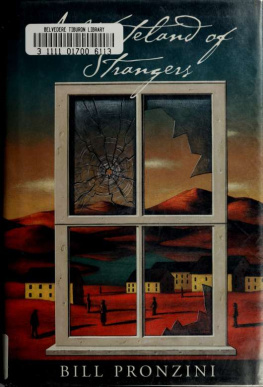
![Bill Pronzini - Sleuths [short story collection]](/uploads/posts/book/922610/thumbs/bill-pronzini-sleuths-short-story-collection.jpg)
